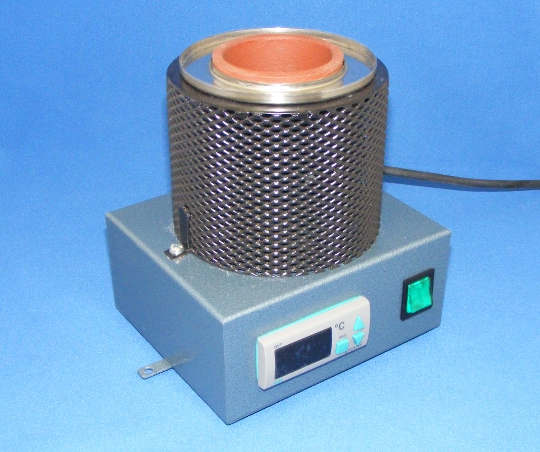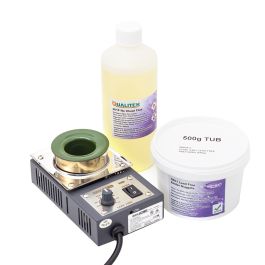Follow along with the video below to see how to install our site as a web app on your home screen.
Note: This feature may not be available in some browsers.
During my experiments which were about 16 years ago I tried several strippers including paint stripper and also several conformal coating removers. Conformal coating as in used on circuit boards. None worked for me but maybe I missed one or maybe there is better available today.I was really thinking of some chemical product.
for example, there is a product called paint remover which is used to remove the enamel from wooden windows, perhaps it can also remove car paint, it is a mixture of acidic substances.
Is there something similar for enamelled wire too?
Probably the opposite, any thing 'good' has probably been banned now as too dangerousNone worked for me but maybe I missed one or maybe there is better available today.
Well yes, we can figure if the label is green and says environmentally friendly the stuff won't work. When I shop for a cleaner I want to see a skull and cross bones on the label. So yes, I agree but figured nothing to lose for the thread starter.Probably the opposite, any thing 'good' has probably been banned now as too dangerous
And smoke seeping out round the corkWell yes, we can figure if the label is green and says environmentally friendly the stuff won't work. When I shop for a cleaner I want to see a skull and cross bones on the label.
Absolutely. While off topic we had several large tanks filled with Trichloroethylene. When heated it made a nice vapor cloud above the liquid. Then a series of chiller tubes around the tank stopped the cloud. Parts went down into the cloud and came up clean. It was a marvelous cloud where vapor degreasing was indeed a miracle to behold. We all knew that hanging over the tank and shoving one's head in the cloud was not a good idea. Then, like the day the music stopped, the cloud went away.And smoke seeping out round the cork
No, the cross-linked enamel coating us designed to be inert to "chemicals". Try hot solder, physical scraping (razor knife or sand paper). Finer paper is easiest with fine wire -I was really thinking of some chemical product.


That sounds like a good way to improve the reliability of your wiring...If it is beaten with a hammer is it easier to remove it mechanically?
pounding soft, flexible copper will "work harden" it. It will be brittle and likely crack at the edge of the solder joint or screw terminal.If it is beaten with a hammer is it easier to remove it mechanically?
We see that. We are just asking, why?I'm just exploring other alternatives
